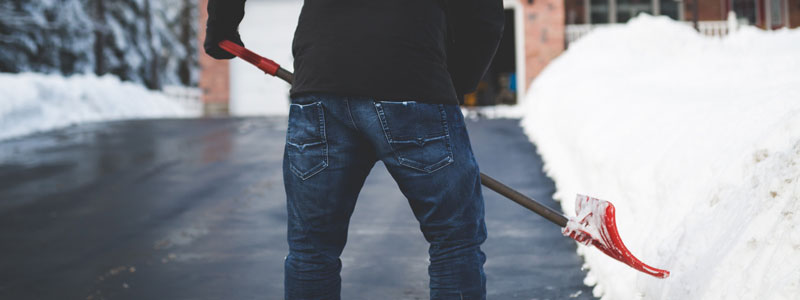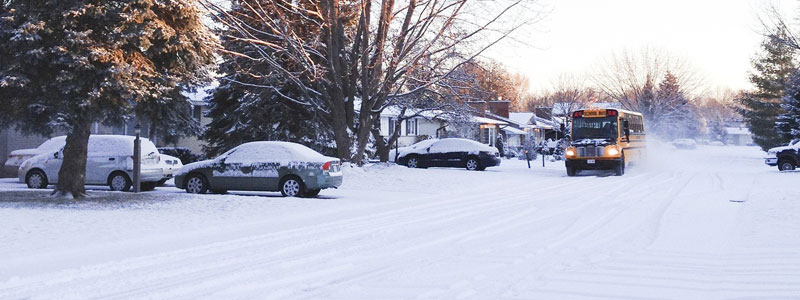Who’s Responsible for Clearing the Sidewalks in a Subdivision?
In Indiana, we don’t just get snow — we get blizzards. As the Crossroads of America gets buried under blankets of ice and snow, the sidewalks around those crossroads get icy and dangerous, too. It’s no wonder we see a spike in accidents, injuries, and slip and fall cases during these winter months as residents […]

Available 24/7
Free Case Review
You won’t pay any fees until we win your case.
It’s easy - you can:

